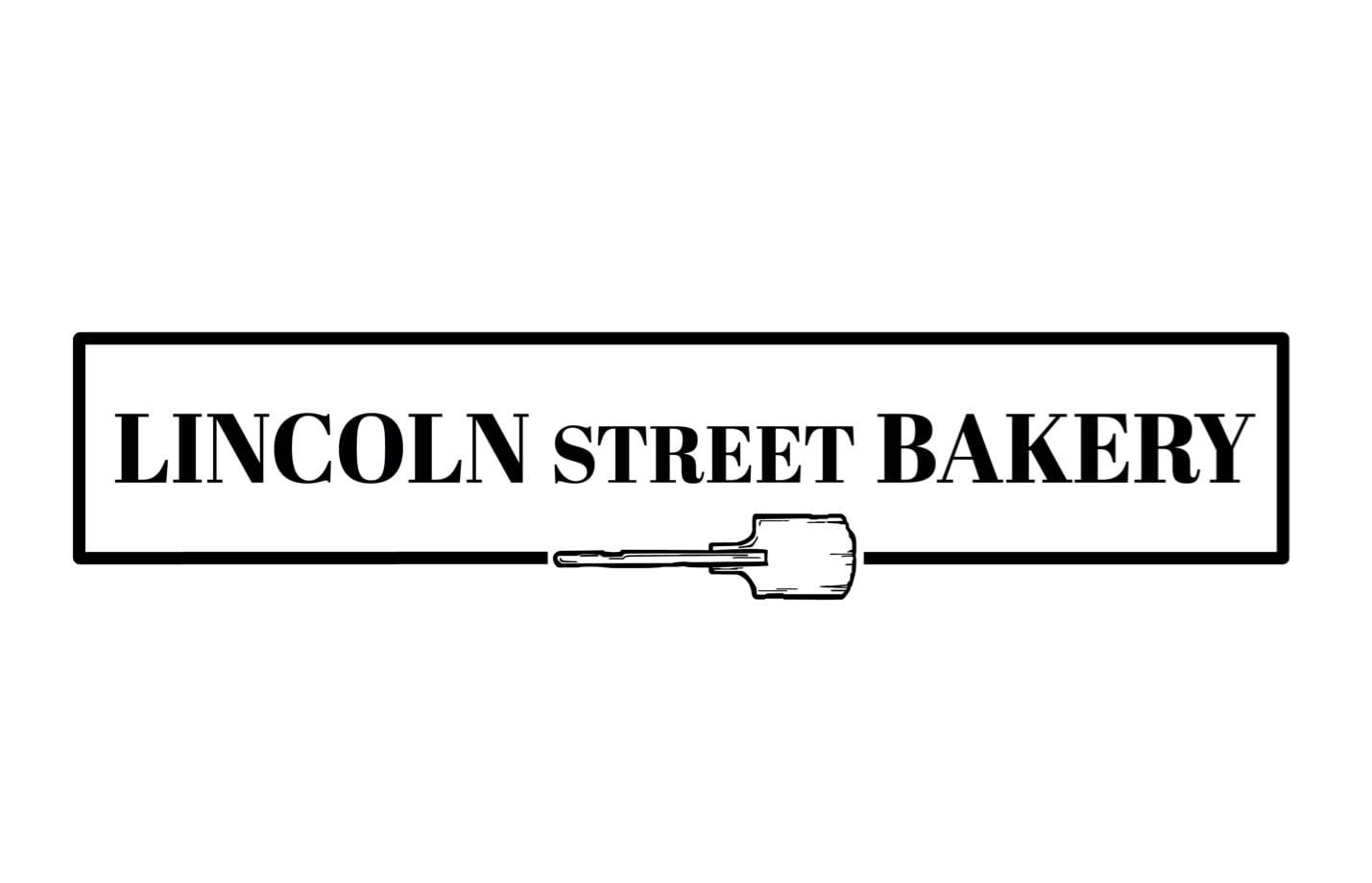The global economy currently faces many difficulties. For example, the COVID pandemic has disrupted ways of working, leading to labor shortages in critical industries, and the ongoing war in Ukraine has disrupted already shaky supply chains.
This has led to uncertainty at a local level, and many of our members have concerns about the future of their businesses. With this in mind, we have produced a three-part series of articles to help members understand the macro-economic situation and how it affects your business.
In the first part, we look at inflation, its causes, and how it may affect your business.
What is Inflation?
Inflation is a term that economists use to describe the increase in prices of goods and services over time. This generally means that the money in your pocket has less purchasing power as time passes, and if inflation is high, your money can lose value very quickly. Most governments calculate inflation by tracking the price of a standard basket of goods such as bread, milk, and coffee, mortgage payments, and gas prices. Its opposite is deflation, where prices decline and purchasing power increases, although deflation is far less common historically.
Causes of Inflation
The primary cause of inflation is usually an increase in the money supply, which can occur in several ways. Firstly, by a government printing more money or, secondly, by banks loaning more money into existence as reserve account credits by purchasing government bonds. Sometimes a government might also devalue its currency, again reducing spending power. How these mechanisms drive inflation can be described in three primary ways:
- Demand-pull effect. This happens if an increased supply of money and credit boosts demand for goods and services in an economy faster than the production capacity in the economy can accommodate. This increases demand and leads to price increases.
- Cost-push affect. This occurs when costs increase at some point in the production or supply chain. For example, this can happen when the money supply creates a speculative increase in energy costs. Combined with economic shocks such as the current war in Ukraine creating shortages in critical resources, this will cause prices of all goods to rise.
- Built-in inflation. This is the idea that everyone expects prices to rise in the future. As this happens, employees expect their wages to increase too and will demand pay rises. This, in turn, causes prices to rise further, creating what is known as a wage-price spiral.
How Does Inflation Affect Local Businesses?
In some ways, a small amount of inflation can be good for your business. Any assets you own will grow in value, and we can be sure that any stock in your business will increase its value. So if wage demands from employees and our costs of living roughly keep pace with inflation, this is generally sustainable and good for business.
On the other hand, high inflation leads to reduced spending power, and customers have less money in their pockets. In addition, it becomes more expensive to buy materials, keep the lights on and pay staff. At this point, businesses have tough choices to make. Putting prices up might keep profit margins up, but it might also put goods and services out of reach of potential customers. On the other hand, not putting prices up might wipe out profit margins altogether.
The Big Picture
Understanding the big picture of how national and global economies work may not seem relevant to owners and managers of local businesses. However, we believe that understanding how larger economic concerns work can help our members adapt and cushion their companies. In the next part of this three-part series, we discuss the concept of stagflation.




















